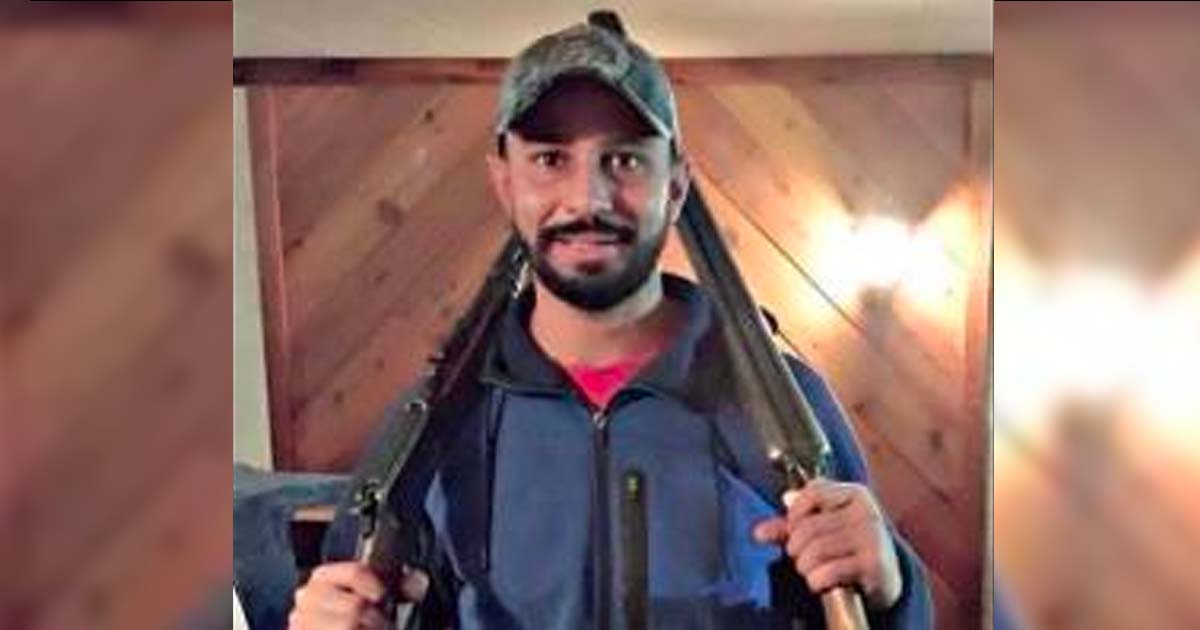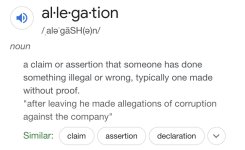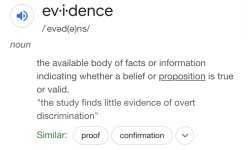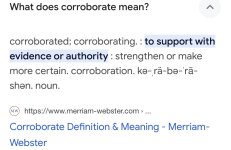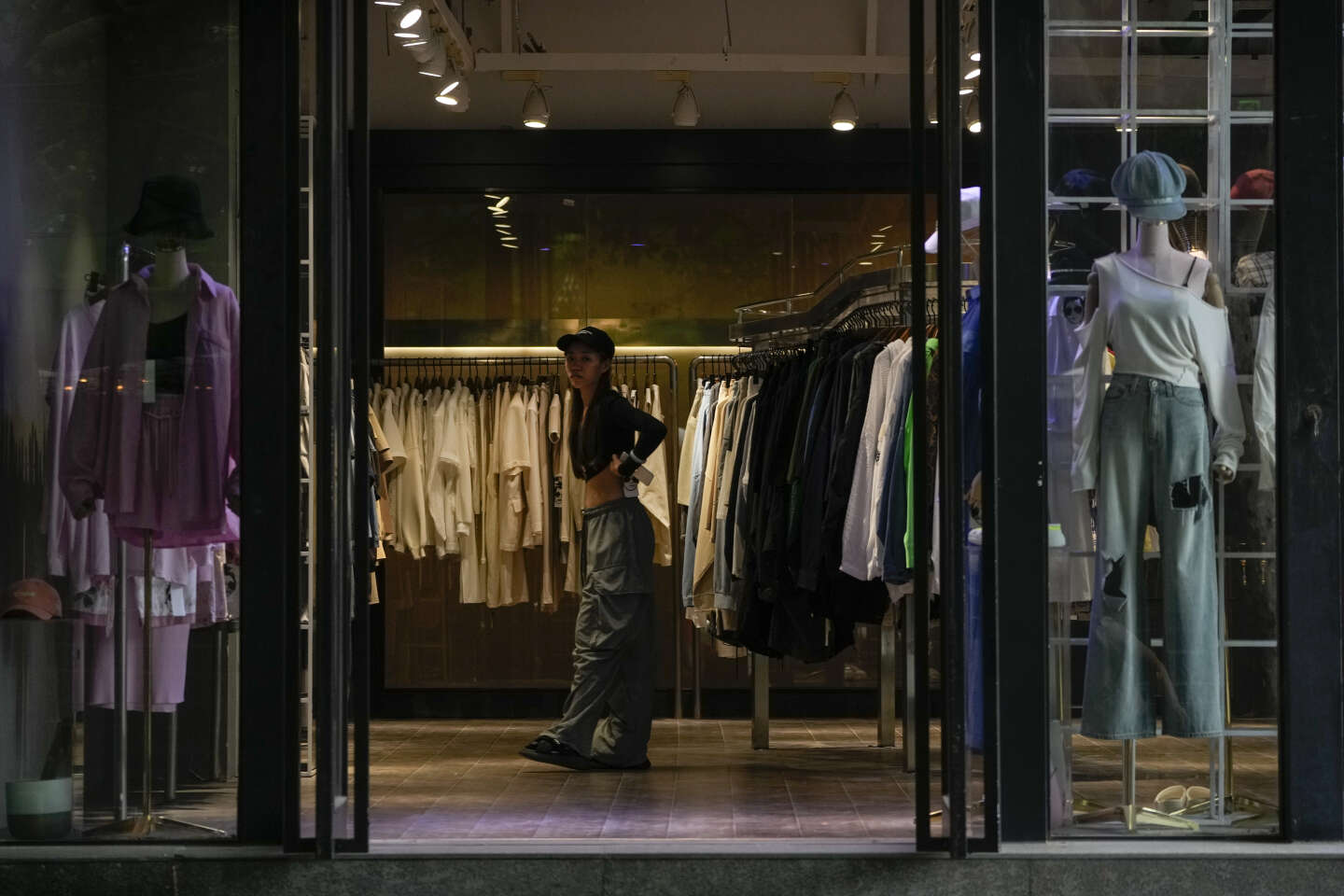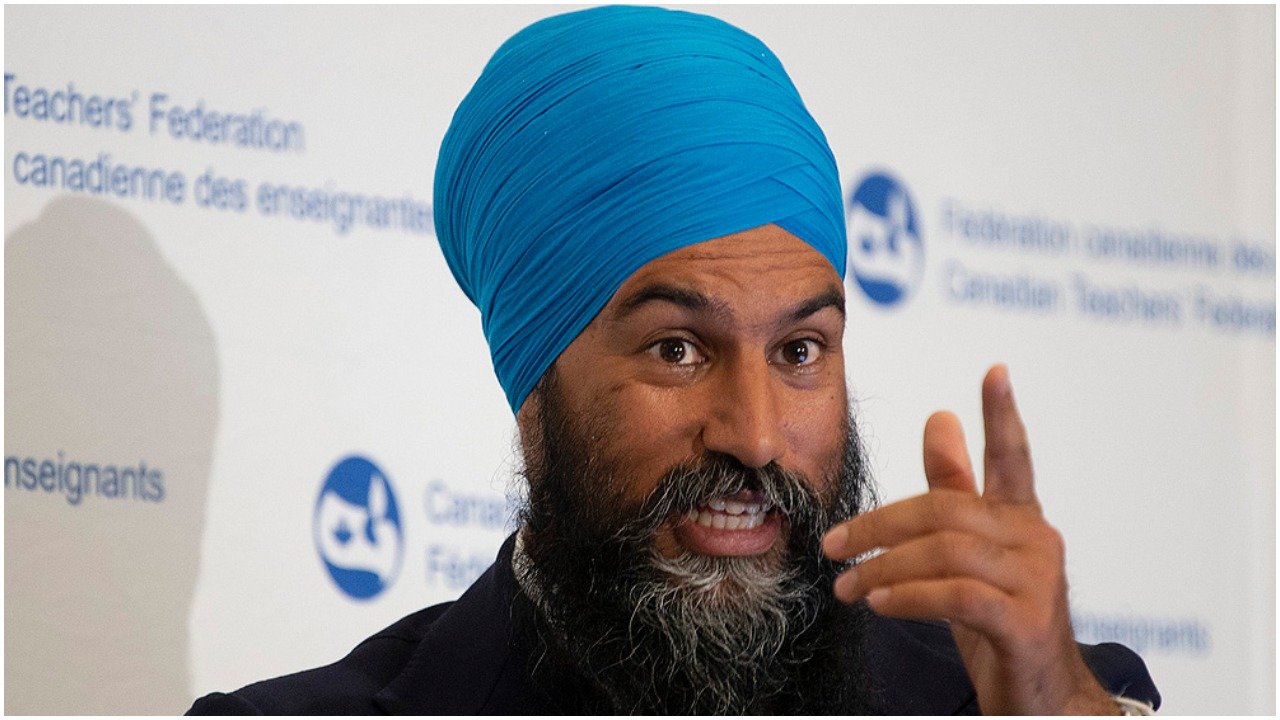Did it have to be this way? Absolutely not. What has caused the current tailspin is the manner in which Trudeau levelled his allegations, not the substance of the allegations themselves.
Let’s be clear: the allegations are very serious, and, if they are proved true, India has a lot of explaining to do.
The problem is that neither Trudeau nor anyone else has provided much evidence to back them up. Given that India has categorically denied being involved in the killing, the public is left in the uncomfortable position of being forced to take one democratic leader’s word over another, or simply to suspend judgement.
And there’s the rub. In previous situations where one country very publicly levels allegations against another, at least some of the evidence that is claimed to support those allegations is suitably redacted and then made public.
So far, that really hasn’t happened. we’ve gone from “Credible Allegations” to a CBC leak of….a rumour of….Indian Diplomats being electronically eavesdropped upon without the contents of what was said so verify the “Allegations” in the first place….
So, there’s really no more evidence out there then there was four days ago. India isn’t denying that their diplomats may have been electronically eavesdropped upon, but they’re not saying “OK Copper, Ya Got Us!” Either….
There’s no names of the dudes that killed the other dude in Surrey, and there’s no names of the diplomats who were eavesdropped upon, and there’s no details of their conversation….So that’s neither here nor there. There’s still really nothing.
It didn't have to be this way

apple.news
All that Canadians have to go on is reporting in the
CBC and
Associated Press, presumably emanating from leaks, which suggests that Canada has “intelligence” backing up its claims that consists of surveillance of diplomats, and signal intelligence, possibly, from a Canadian ally.
But none of that is in the public domain and is unlikely to satisfy anyone. Nor are Canada’s allies fully convinced. The U.S., the U.K., and Australia, amongst others, have all expressed “serious concern” or used similar verbiage. In diplomatic speak, this is just punting the ball.
What’s relevant is that none of them, including the U.S., have condemned India. If the evidence that Canada had shown to allies amounted to a proverbial smoking gun, they would likely have been less equivocal. What’s more, Trudeau’s very public spat with India has put Canada’s allies in the awkward situation of having to walk a tightrope balancing act between an old ally and an important new one.
Here’s the rub: Trudeau’s dramatic speech in Parliament amounted to a huge gamble. (Poker, not Chess)
Rather than raising the matter quietly through diplomatic channels, he went all in on a major public announcement. It didn’t work out as planned, it seems. He’s now got no choice but to show us his whole hand, and, for his sake, it had better be a royal flush.
Trudeau is currently suffering his own free fall in the polls, and Modi’s strong numbers, if anything, have jumped, off the back of India’s aggressive response to Canada, burnishing his image of being a strong and decisive leader who won’t let India be pushed around on the world stage.
Remember Colin Powell’s famous show and tell on television, when he tried to convince the American and global public that the U.S. had incontrovertible proof of weapons of mass destruction in Iraq? It turned out that the U.S. was wrong, of course, but the point is that they made an effort to sway public opinion. That’s not happening here in Canada with Trudeau on this matter, at least not to date, and at least from what I’ve seen, and heard so far.
